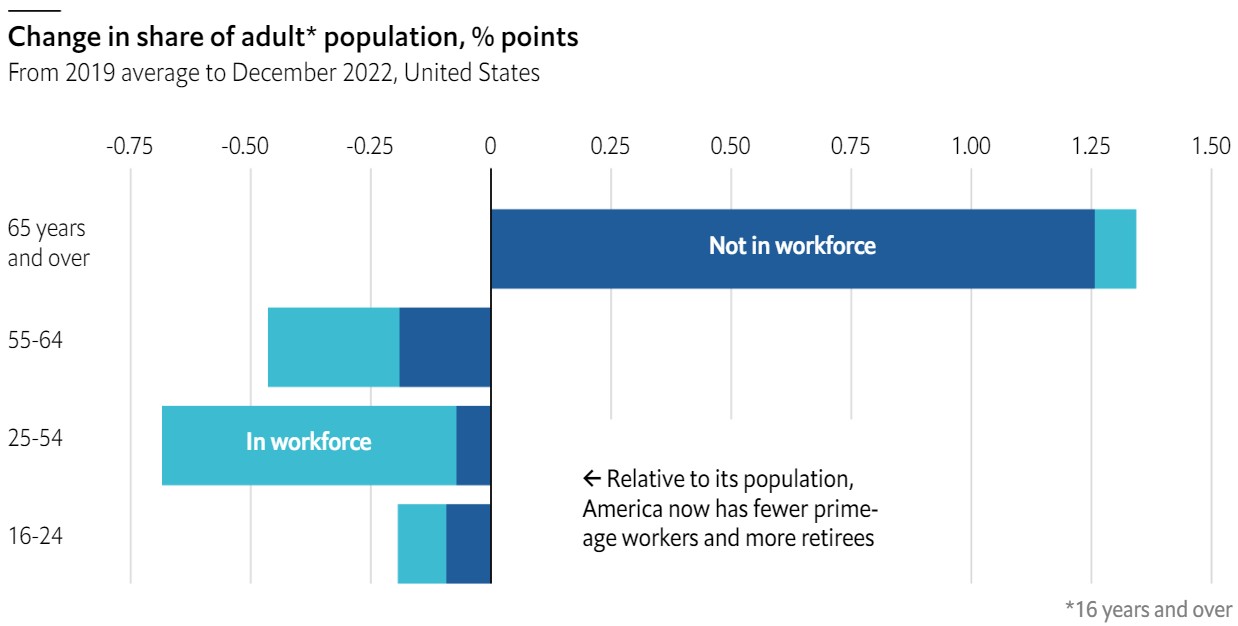
A groundbreaking study from Stanford University has revealed that the vast majority of Americans significantly underestimate the advantages of union membership. The research, conducted by Jonne Kamphorst and Robb Willer of the Polarization and Social Change Lab at Stanford, found that correcting these misperceptions can lead to increased support for unions and greater interest in joining them.
The study surveyed 1,430 Americans, asking them to estimate various benefits associated with union membership. The results were striking:
- 89% underestimated the lifetime income boost from union membership
- 72% underestimated the percentage of union members receiving employer-provided health insurance
- 97% overestimated union dues, believing them to be over 10% of income when they are actually closer to 1%
Overall, a staggering 92% of participants underestimated the material benefits of unionization.
When researchers provided accurate information about union benefits to a randomly selected group of participants, they observed notable changes in attitudes. Those who received the factual data showed:
- Increased support for unions and pro-labor policies
- Greater interest in joining a union themselves
- More willingness to help organize a union in their workplace
Lead author Jonne Kamphorst noted, "Our research suggests that unions would likely be supported even more if people viewed them more accurately—a finding that could have important implications for American workers, voters, policymakers, labor advocates, and businesses."
The study's findings may help explain why union membership in the United States lags behind other countries, despite growing popularity of unions among Americans. By addressing these misconceptions, there could be potential for significant changes in the labor landscape.
Robb Willer, director of the Polarization and Social Change Lab, emphasized the importance of these findings: "Our results suggest interest in joining unions—and support for policies that would reform U.S. labor law—would be higher if not for significant underestimates of the material benefits associated with unionization."
As discussions about labor rights and unionization continue to evolve in the United States, this research provides valuable insights into public perceptions and the potential impact of accurate information on shaping attitudes towards unions.